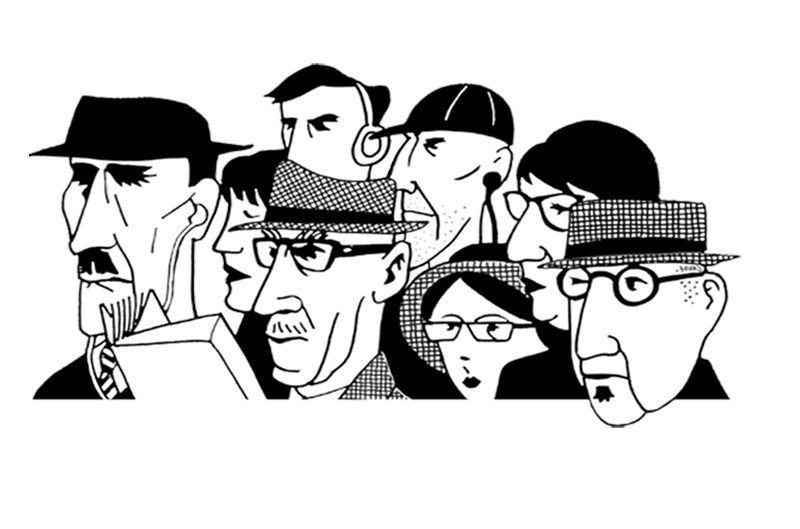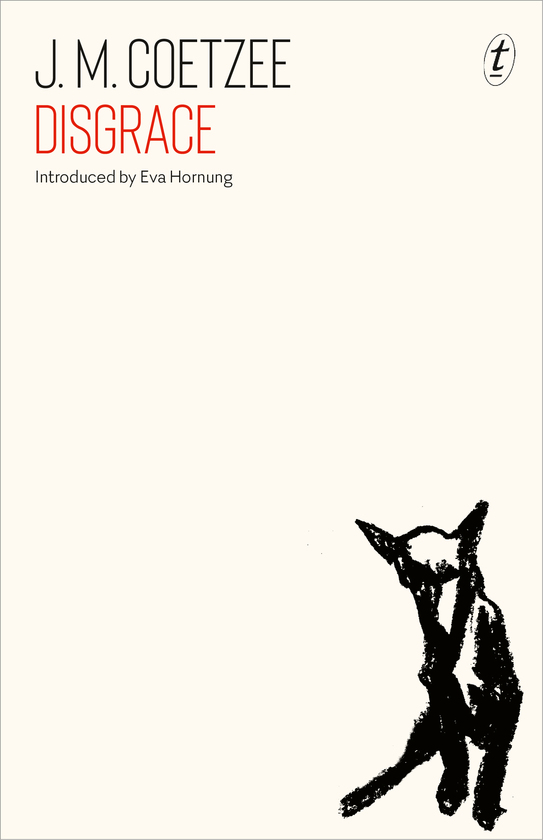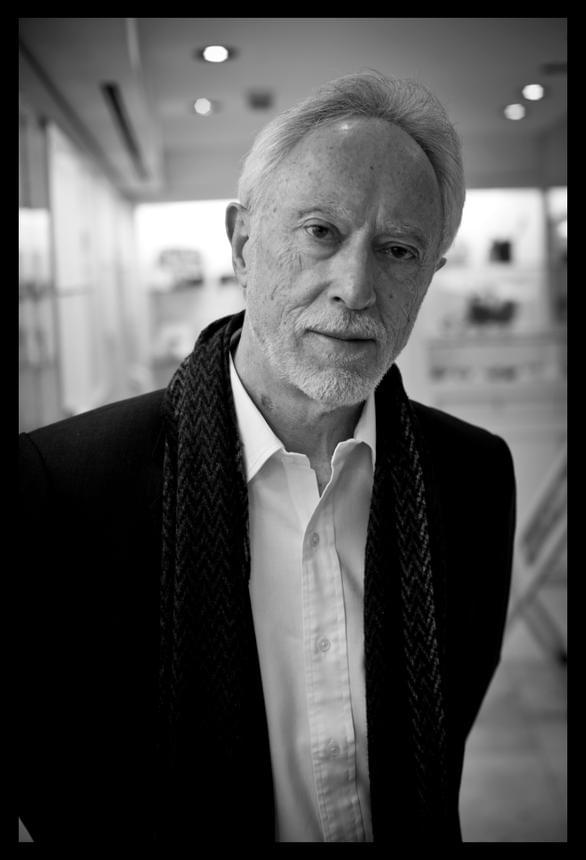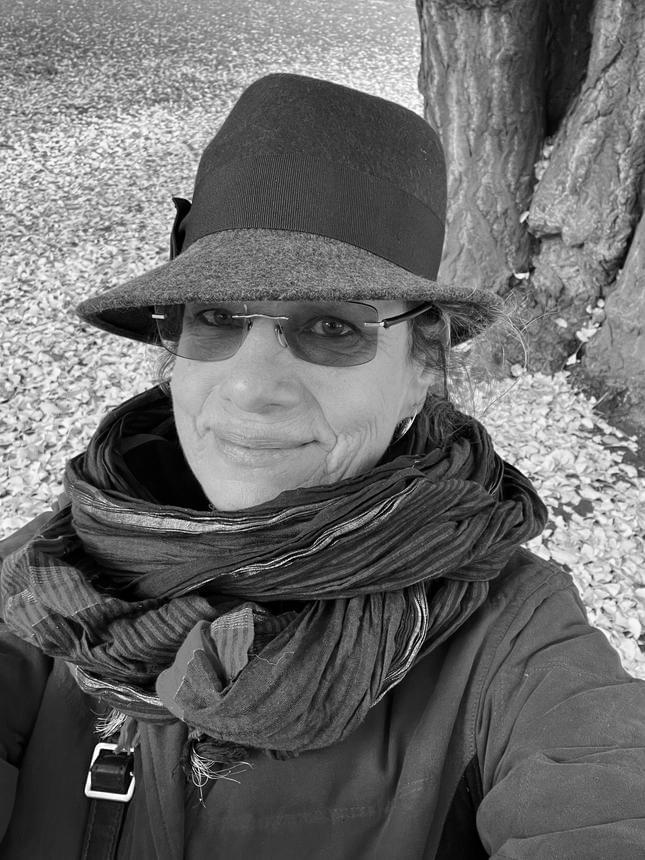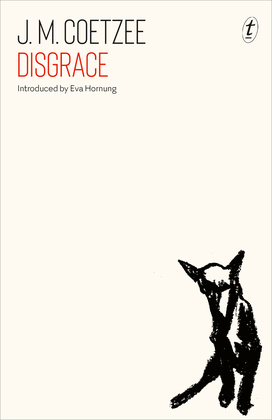Disgrace
J. M. Coetzee
Introduction by Eva Hornung
The irony does not escape him: that the one who comes to teach learns the keenest of lessons, while those who come to learn learn nothing.
J. M. Coetzee’s Booker Prize-winning novel Disgrace, set in post-apartheid South Africa, takes us into the disquieting mind of twice-divorced university teacher David Lurie as he loses his job and his honour after engaging in an ill-advised affair with a susceptible student.
When he retreats to his daughter’s farm, a brutal attack highlights their fractured relationship. Is it only through intense suffering and shame—his own as well as that of others—that David can begin to change, to understand his country and what it means to be human?
In Disgrace, this Nobel-Prize winning writer examines ideas of evil, violence, dignity and redemption in a country dominated by the power dynamics of race.
INTERVIEWS and REVIEWS
Conversation
Public Books
andDisgrace
‘Coetzee captures with appalling skill the white dilemma in South Africa.’
‘Disgrace explores the furthest reaches of what it means to be human; it is at the frontier of world literature.’
‘A great novel by one of the finest authors writing in the English language today.’
‘Exhilarating…One of the best novelists alive.’
‘A masterpiece…perhaps the best novel to carry off the Booker in a decade.’
‘Disgrace is the best novel Coetzee has written.’
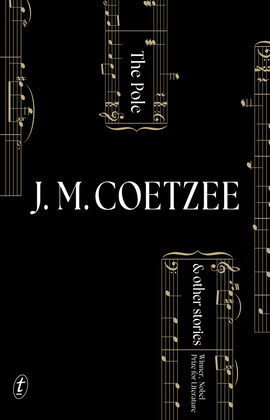 The Pole and Other Stories$34.99
The Pole and Other Stories$34.99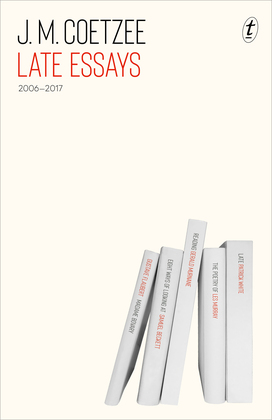 Late Essays$19.99
Late Essays$19.99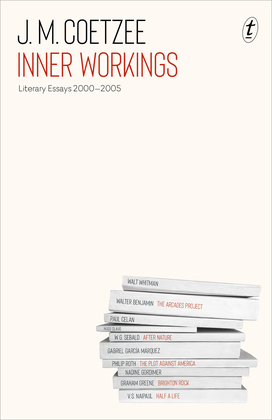 Inner Workings$19.99
Inner Workings$19.99 Stranger Shores$19.99
Stranger Shores$19.99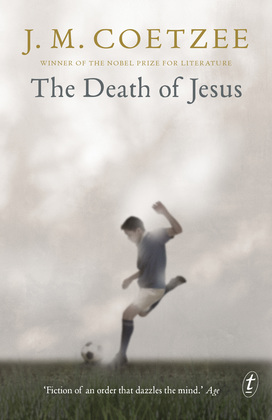 The Death of Jesus$22.99
The Death of Jesus$22.99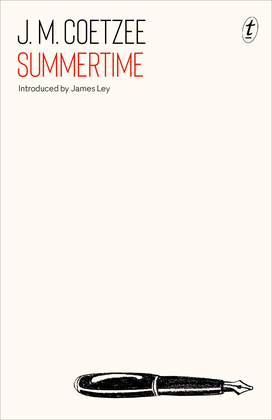 Summertime$19.99
Summertime$19.99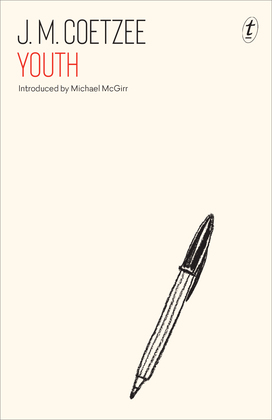 Youth$19.99
Youth$19.99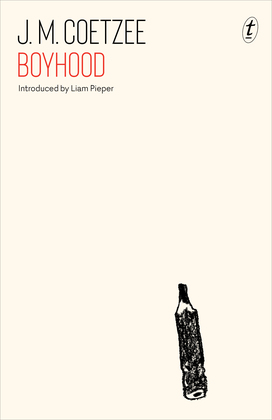 Boyhood$19.99
Boyhood$19.99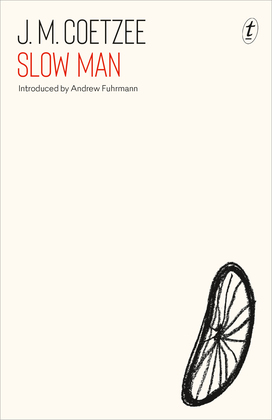 Slow Man$19.99
Slow Man$19.99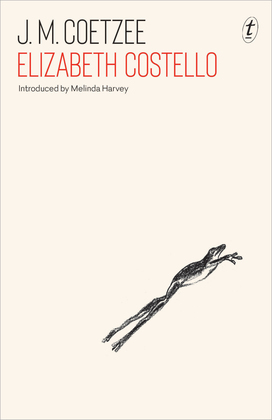 Elizabeth Costello$19.99
Elizabeth Costello$19.99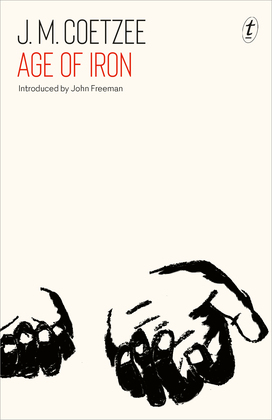 Age of Iron$19.99
Age of Iron$19.99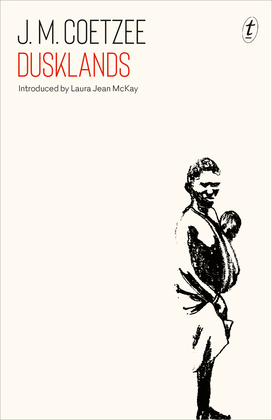 Dusklands$19.99
Dusklands$19.99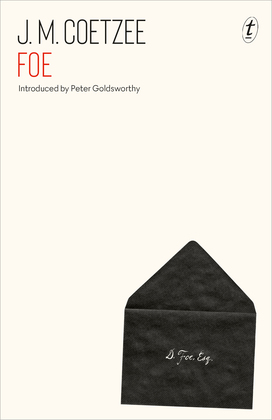 Foe$19.99
Foe$19.99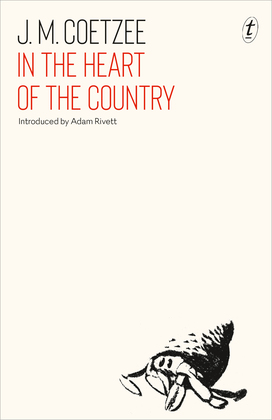 In the Heart of the Country$19.99
In the Heart of the Country$19.99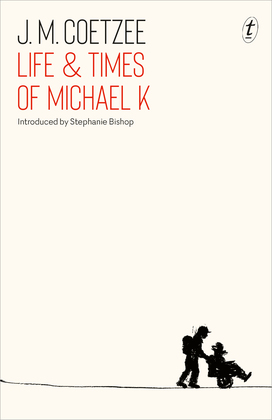 Life & Times of Michael K$19.99
Life & Times of Michael K$19.99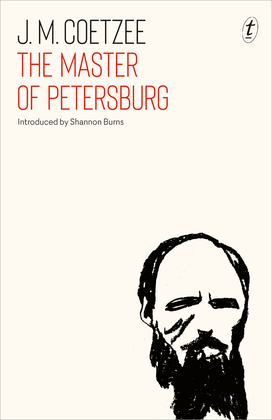 The Master of Petersburg$19.99
The Master of Petersburg$19.99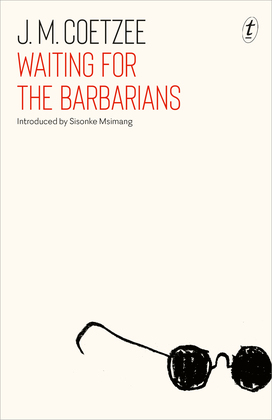 Waiting for the Barbarians$19.99
Waiting for the Barbarians$19.99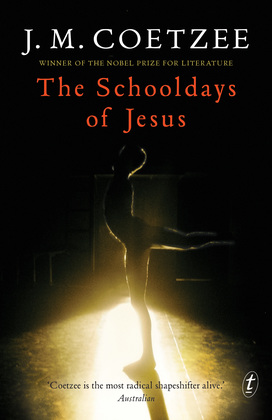 The Schooldays of Jesus$23.99
The Schooldays of Jesus$23.99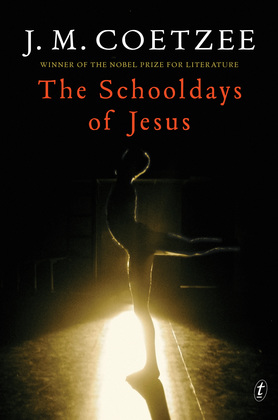 The Schooldays of Jesus$34.99
The Schooldays of Jesus$34.99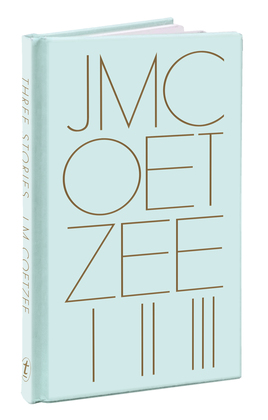 Three Stories$19.99
Three Stories$19.99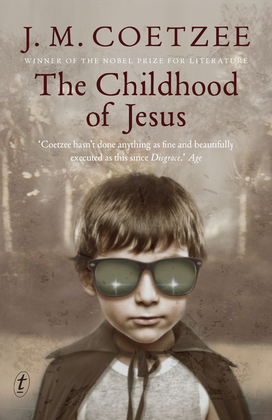 The Childhood of Jesus$22.99
The Childhood of Jesus$22.99 Diary of a Bad Year$14.95
Diary of a Bad Year$14.95

